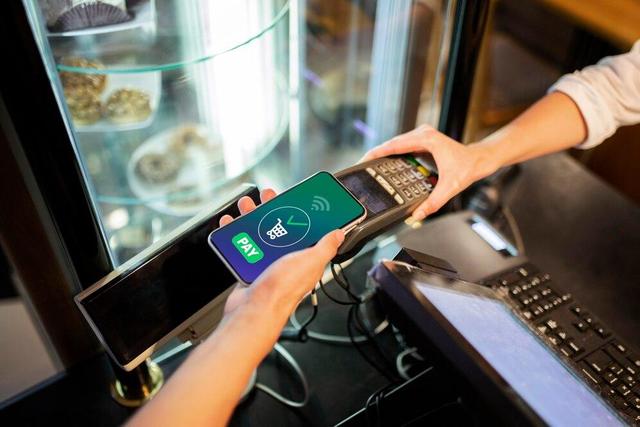
If you have ever used a credit card, you may have noticed this. As soon as you enter your credit card’s first few digits, either the Mastercard, Visa, or Rupay logo will appear right next to it. Wonder why? This is because many payment merchants use credit card validators to verify the accuracy of the entered data.
A credit card validator checks if a credit card is genuine, playing a crucial role in combating credit card fraud. Here’s how it works and why it’s important:
Credit cards have several unique identifiers, and credit card validators use these details to verify authenticity:
Credit card validators use complex algorithms to verify the different parameters of a credit card, such as:
These validators check the first six digits of a credit card number, also referred to as the IIN or BIN (Bank Identification Number). In order to confirm the cardholder's identity, these validators cross-reference the card’s IIN with a database of authorised IINs.
These credit card validators examine the three-digit CVV code on the back of a credit card. As a result, they serve as a vital security measure to verify the cardholder's physical possession of the card.
Validators prevent fraud by comparing customers' billing addresses with those of credit card issuers in their database.
The Luhn algorithm verifies the authenticity of credit card numbers. They examine the digits of the card number and ensure they conform to a specific pattern. This approach helps maintain accuracy and reliability in credit card verification processes.
Validators check credit card expiration dates. As a result, this prevents the use of expired cards and avoids declined transactions and potential chargebacks.
With online credit card validators, verifying your card’s status has become simpler than ever. This is how to do it:
Note: It is vital to enter your credit card details with caution anywhere. Moreover, ensure you choose a credible credit card validator.
As mentioned above, credit card validators' primary benefit is reducing the possibility of fraud, a potential concern for all credit card users. The validators instantly match the credit card information with the holder’s and bring to light any discrepancies.
Unsafe credit card transactions pose security risks for sensitive financial information. That is why validating them ensures transaction security and protects credit card holders' information.
Online credit card validators verify number formats and the order in input fields, thus catching errors before transactions. This not only improves customer experience but also ensures transaction data accuracy.
Validating credit card numbers is essential in reducing the number of transaction errors that lead to reimbursements and various types of fraud. As a result, validators help reduce significant costs for businesses.
The different types of validators help businesses comply with the norms of the Payment Card Industry Data Security Standard (PCI DSS). Additionally, it ensures the data is in secure hands.
For businesses, validation tools allow customers to modify or fix errors in the entered information during payments, reducing checkout abandonment rates as well.
One thing a customer loves is a smooth process after the hassle of choosing their ideal product. A validation tool will not only ensure customer satisfaction with payment but also build a trustworthy reputation for the business.
In summary, credit card validators serve as invaluable tools to safeguard the integrity of credit card information. By verifying the accuracy of details like credit card numbers and CVV, these validators deter fraudulent activities, enhance transaction precision, and uphold adherence to industry regulations. In essence, online card validators hold paramount importance in the fight against fraud while simultaneously fostering a secure and efficient transaction environment.